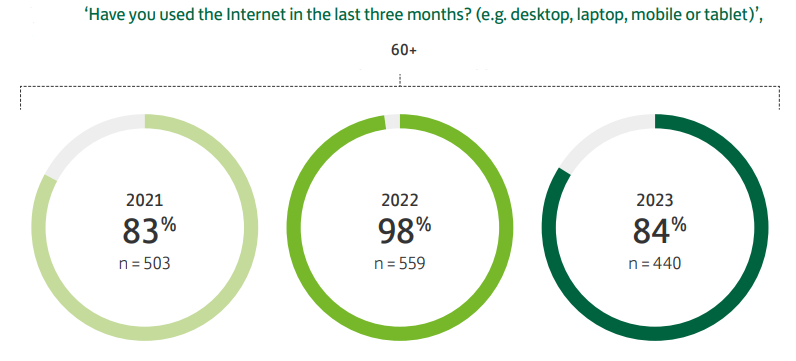In the rapidly evolving legal industry, effective client relationship management, now AI-driven, has become the linchpin for law firms aiming not just to survive but to thrive. The infusion of Artificial Intelligence (AI) into Client Relationship Management (CRM) has emerged as a game-changer, promising to catapult law firms to new heights of growth and efficiency. This symbiotic relationship between AI and CRM holds the key to delivering personalized client experiences and automating tedious tasks, fundamentally reshaping the dynamics of the legal sector.
The AI-driven evolution
Law firms, recognizing the transformative potential of AI, have begun leveraging its capabilities to revolutionize client relationships and optimize workflows. AI’s analytical prowess allows for the processing of vast client data, unearthing insights that may elude human observation. The ability to automate repetitive tasks not only frees up valuable human resources but also enhances overall efficiency.
Implementation strategies
Assess Firms Goals and Needs – Before delving into the integration of AI with CRM, law firms must embark on a strategic journey. Defining clear goals for incorporating AI is the initial step, ensuring that the technology aligns with the specific needs of the firm. This meticulous assessment guides the subsequent integration process and ensures a tailored approach.
Identify the Right AI-Tool – Selecting an AI tool that aligns seamlessly with a law firm’s unique requirements is paramount. The evaluation process should consider factors such as the tool’s ability to handle legal challenges, interpret legal language, scalability, and ease of integration with existing CRM systems.
Data Preparation – The backbone of AI lies in data, and its effectiveness hinges on the cleanliness and accuracy of the information. Establishing robust processes to regularly clean and maintain data ensures that AI algorithms operate on a foundation of reliable information. Consistency in data entry becomes a critical factor in optimizing AI performance.
Training & Customization – Law firms, armed with clean and accurate data, can then embark on the crucial phase of training and customizing AI algorithms. This process empowers firms to extract accurate insights about their contacts and clients within the CRM system. The ability to tailor AI algorithms to unique data sets provides a competitive edge in the legal industry.
Monitor & Refine – The integration of AI with CRM is not a one-time event but an ongoing process. Continuous monitoring of AI performance, assessing its impact on client experiences, and aligning it with firm objectives are imperative. Law firms must be receptive to feedback from their teams and clients, iterating AI strategies based on insights gained. This adaptive approach ensures that AI initiatives remain effective and aligned with evolving business needs.
Charting the AI-CRM frontier for legal excellence
As law firms embark on this transformative journey of integrating AI with CRM systems, they stand at the cusp of a new era in client relationship management. The power to analyze vast amounts of data, personalize engagement points, automate routine tasks, and make data-driven decisions positions law firms for a competitive advantage in the legal industry. The question that lingers is not whether AI can revolutionize CRM in law firms but rather, how swiftly can firms adapt to this AI-driven future and capitalize on the immense opportunities it presents?





